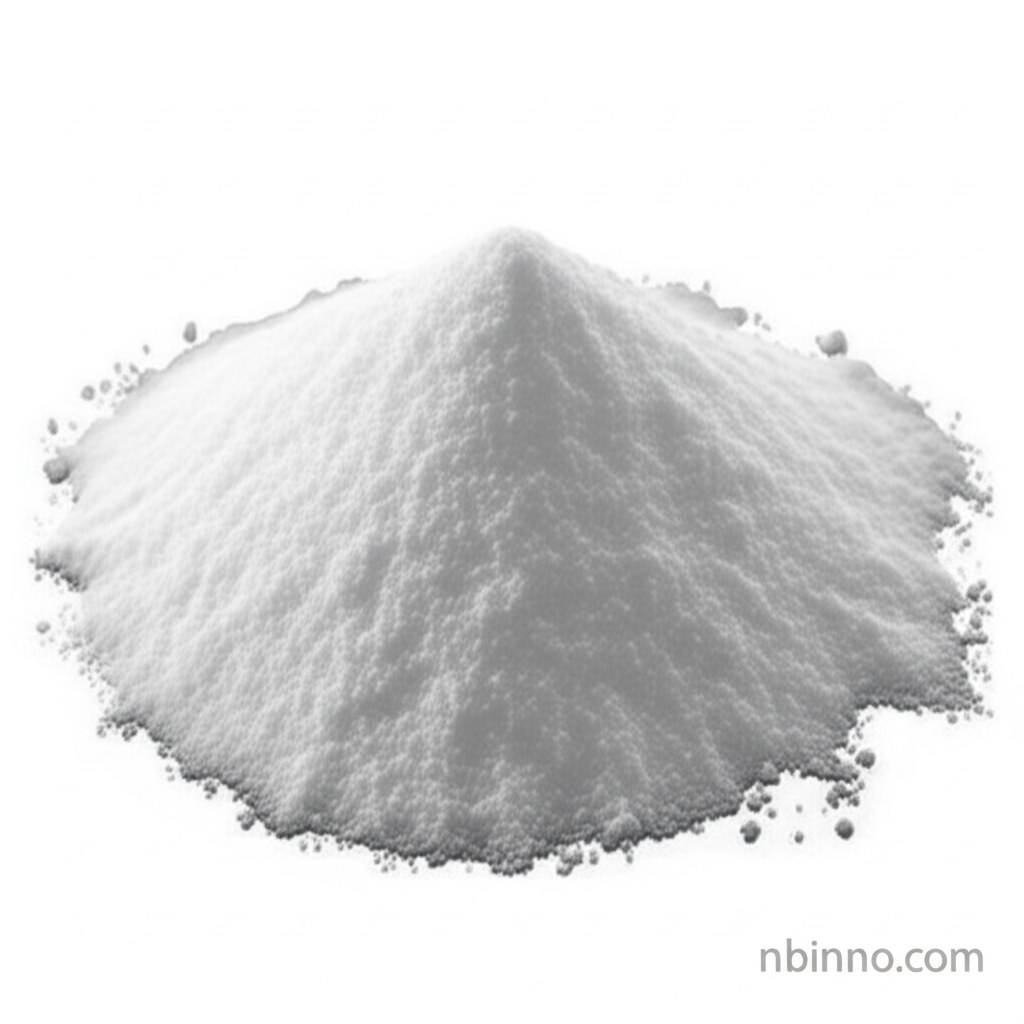Lincomycin Hydrochloride: A Key Antibiotic in Pharmaceutical Applications
Discover the uses, mechanism, and critical role of Lincomycin Hydrochloride in treating severe bacterial infections.
Get a Quote & SampleProduct Core Value

Lincomycin Hydrochloride
Lincomycin hydrochloride is a vital pharmaceutical-grade antibiotic renowned for its efficacy in combating severe bacterial infections. It serves as a critical alternative for patients who exhibit allergies to penicillin, ensuring treatment continuity for challenging gram-positive bacterial strains.
- Understand the critical role of Lincomycin Hydrochloride in treating bacterial infections, particularly those resistant to other antibiotics.
- Explore the mechanism of action of Lincomycin Hydrochloride, which involves inhibiting bacterial protein synthesis to halt pathogen growth.
- Learn about the pharmaceutical grade Lincomycin Hydrochloride, highlighting its purity and suitability for medicinal use.
- Discover the advantages of treating bacterial infections with Lincomycin, especially when penicillin is not an option.
Key Advantages of Lincomycin Hydrochloride
Broad Spectrum Efficacy
Effectively targets a range of Gram-positive bacteria and some anaerobic organisms, making it a versatile option for various infections identified through bacterial infection treatments.
Penicillin Alternative
Provides a crucial treatment option for patients with penicillin allergies, ensuring that severe infections can still be managed effectively as part of comprehensive antibiotic pharmaceuticals strategies.
Inhibits Protein Synthesis
Its targeted mechanism of action disrupts essential bacterial processes, aligning with the core principles of managing infections through effective Lincosamide Drug Market solutions.
Key Applications
Treatment of Severe Bacterial Infections
Lincomycin hydrochloride is a cornerstone in managing serious bacterial infections, offering a reliable solution within the realm of API Manufacturing Insights.
Respiratory Tract Infections
Effective against bacteria causing infections in the lungs and airways, underscoring its importance in Infectious Disease Therapeutics.
Skin and Soft Tissue Infections
Utilized for treating various skin ailments caused by susceptible bacteria, showcasing its broad utility in the pharmaceutical landscape.
Bone and Joint Infections
Addresses deep-seated infections in bones and joints, a testament to its potency and role in targeted pharmaceutical chemical sourcing.
